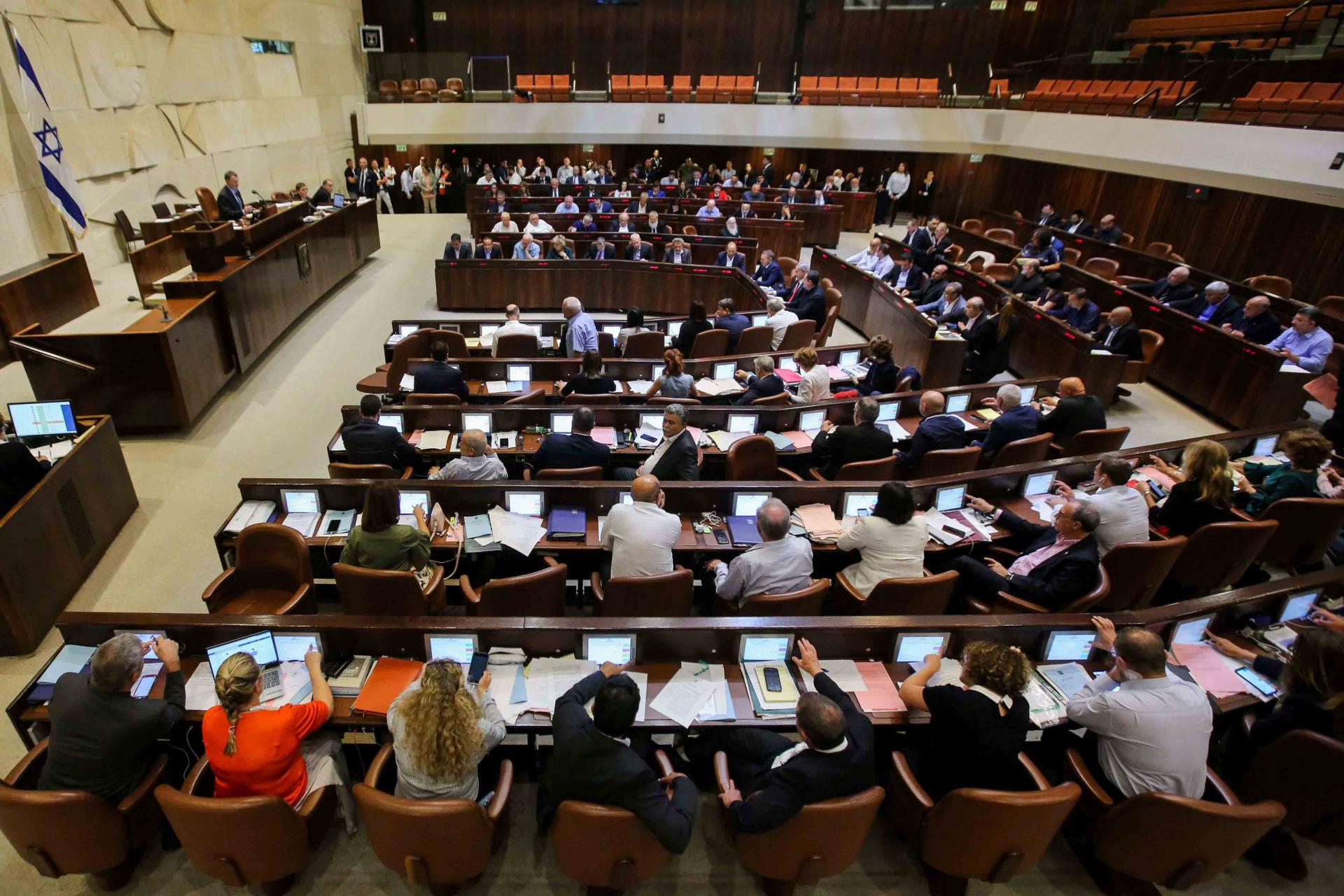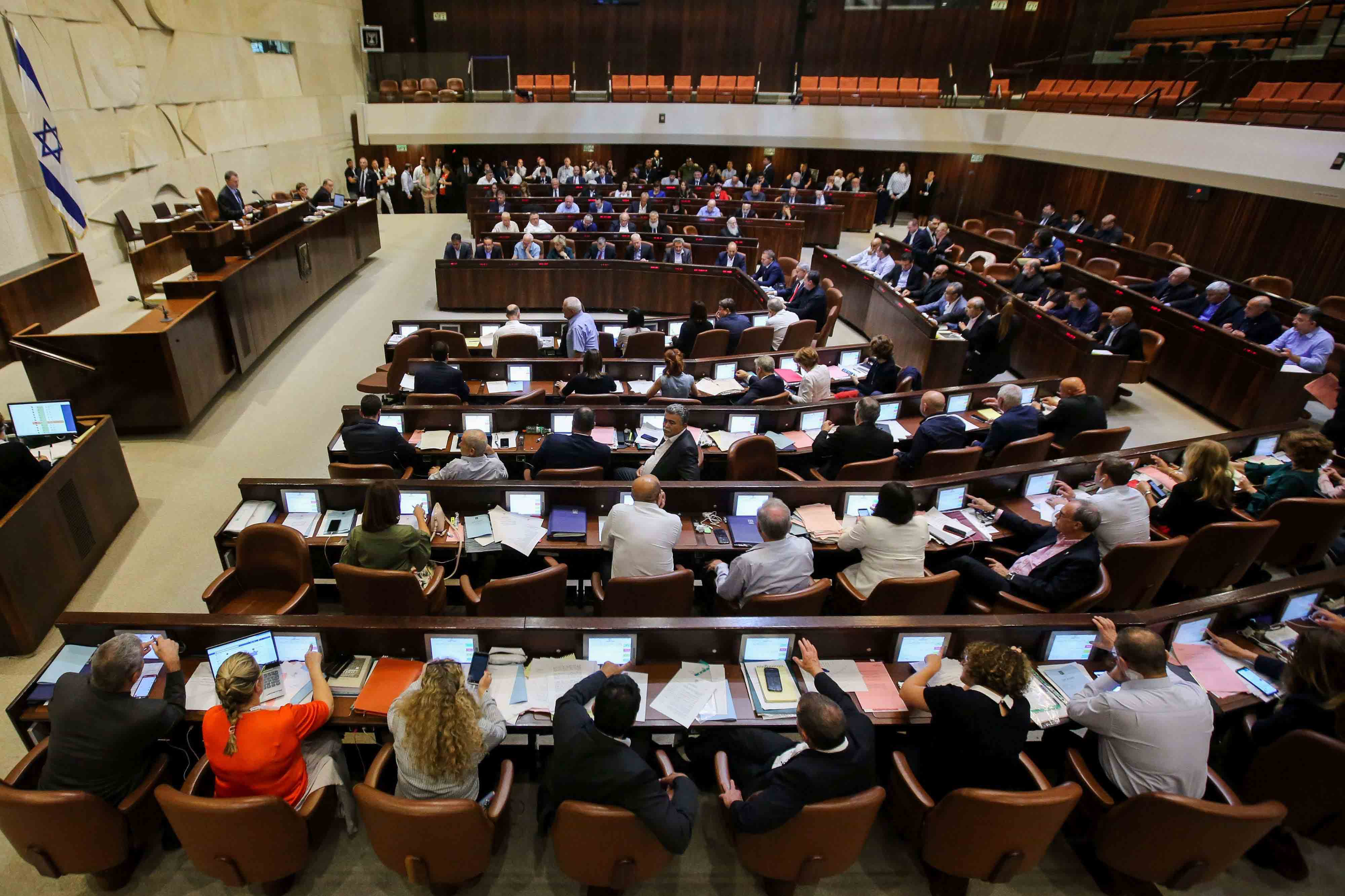The Nation-State Law and the Weakness of the Joint List
The Israeli Knesset’s recently-passed basic law, “Israel: The Nation-State of the Jewish People Law, may seem extreme in its exclusivist agenda. In fact it affirms what has long been known: Israel is not a state for all its citizens. The Israeli government has been using legislation to marginalize Palestinian citizens for decades, and Palestinians are systematically discriminated against in all spheres of life, including education, housing, municipal funding, and income.
The Joint List (JL) – the unification of three major Arab parties and an Arab-Jewish party in the Knesset – has responded to the nation-state law via such actions as Knesset speeches in Arabic and calling for street demonstrations and a campaign to collect half a million signatures protesting the law. The calls have been made through the Follow-Up Committee for Arab Citizens of Israel, a body that represents the Palestinian minority and is composed of JL members, the National Committee of the Heads of Arab Localities, and other groups. Yet Prime Minister Benjamin Netanyahu has not reacted to the demonstrations or calls from the Follow-Up Committee.
The JL’s – and the Follow-Up Committee’s – influence is extremely limited. The Islamic Movement Northern Faction, whose platform fundamentally differed from the JL before Israel outlawed it in November 2015, had long opposed participation in national elections, believing that participation implies recognizing Israel as a Jewish state. Instead, it was active in local elections and within communities, and focused heavily on charitable, educational, religious, and social activities.
Esheh Hajjar, a former activist with the Islamic Movement, insists that the new legislation is a demonstration of the weakness of the JL and of “the inability of Palestinians to prevent the passing of such laws due to weak and ineffective leadership.” Hajjar added that if the Islamic Movement were still legal, it would likely cite the law as proof that its claims were correct – that is, that Arabs should not be part of the Knesset.
A number of officials and analysts have launched similar critiques against the Arab leadership in the wake of the new law. According to Zaki Agbaria, the head of the Popular Committee in Umm el-Fahm, the second-largest Arab city in Israel, “Knesset members [from the JL] should collectively resign because their presence in light of this law is not beneficial. It is more honorable for them to join a public struggle.”
It is clear that the JL has not yielded many results that further the rights of the Palestinian minority. Palestinians in Israel must face the fact that serving in the Israeli Knesset is not the right strategy for their struggle for achievement of full citizenship rights. The JL members – all 13 of them – should resign, and they, together with other leaders of the Palestinian minority, including those from civil society, should seek alternative measures and techniques for their struggle. By resigning, JL members would show their willingness to sacrifice the material gains they have made via the Knesset.
After resigning, the JL should focus on building trust between themselves and Palestinian citizen; They should then invest their energies in bolstering popular peaceful struggle, as Palestinians will only gain rights through a collective movement that extends well beyond one political joint list. The Follow-Up Committee could guide this strengthened movement by such actions as crafting a comprehensive plan to empower Palestinian localities through a network of civil services.







